The Aggressive Fish of the Amur River: A Visual Exploration
Why are fish from the Amur River extremely aggressive in other bodies of water?
The Amur River, while not the longest or the deepest, stands out as a spectacular anomaly with a stunning variety of life. Boasting 139 species of fish, it surpasses the combined species diversity of the longer Ob and Lena rivers. Let's take a closer look at what makes this river an ecological treasure and why its fish display such fierce behavior when introduced to new environments.
The Journey of the Amur
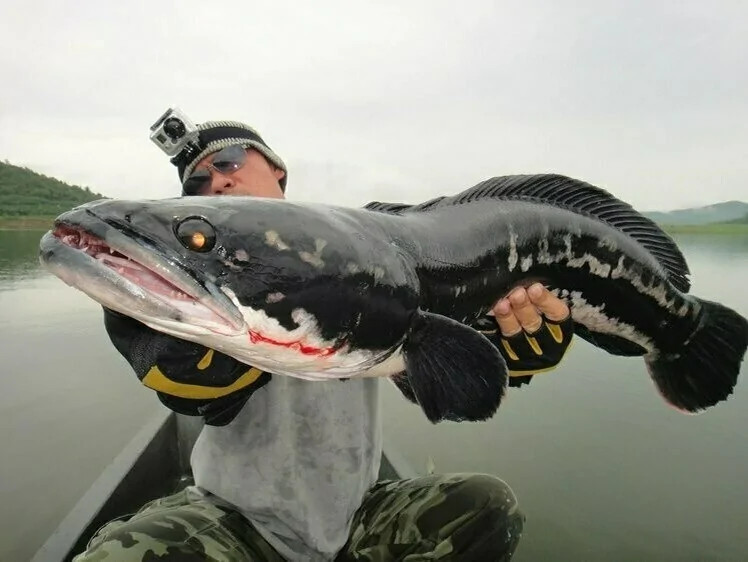
The Amur begins at the border between Russia's Transbaikal Territory and China, flowing eastward into the Pacific Ocean. It resembles a wild tropical river rather than a frigid northern waterway.
A Climate of Contrasts
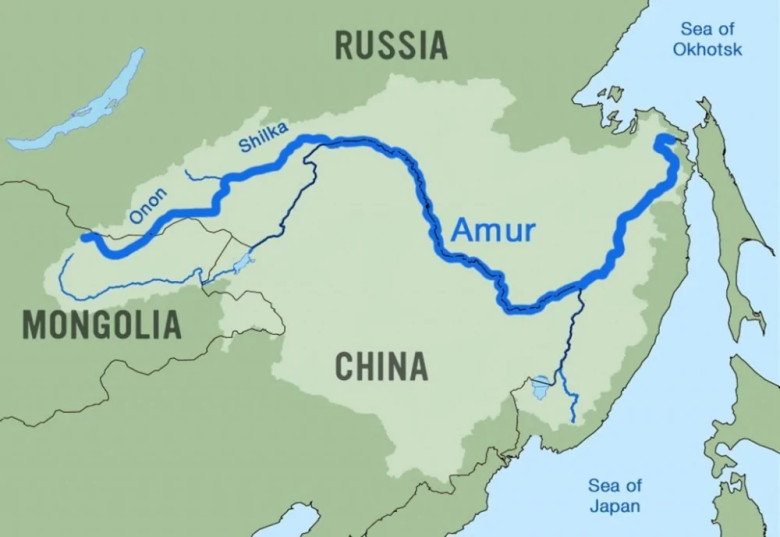
The far eastern climate is marked by extremes, allowing the Amur to traverse several climatic zones. This variability promotes a rich biodiversity, making it a haven for a diverse range of aquatic life.
Meet the Predator: Snakehead

One of the top predators in the Amur is the snakehead, a formidable fish that's not just large but also fiercely territorial.
The Shilka and Argun Rivers
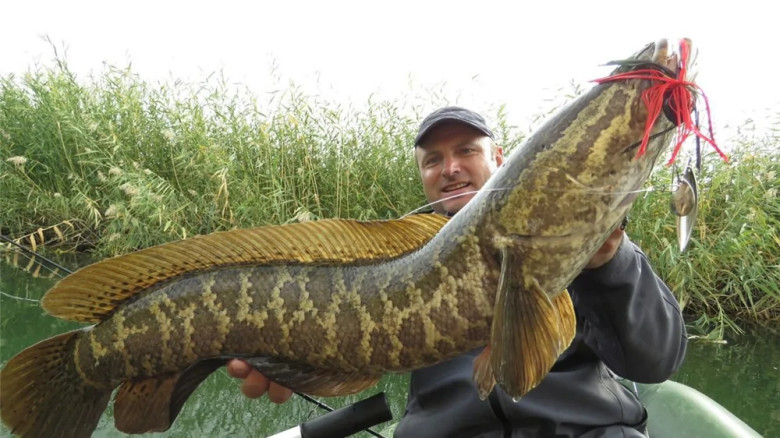
The Amur's main tributaries—the Shilka and the Argun—each have their own unique characteristics. The Shilka, with its rapid currents, is home to cold-resistant Siberian species, while the slower Argun houses fish from warmer climates.
Mixing Tides

Though the Shilka and Argun have different ichthyofaunas, they’ve mingled through the Amur, resulting in a diverse community made up of both Arctic and boreal species.
The Mighty Taimen
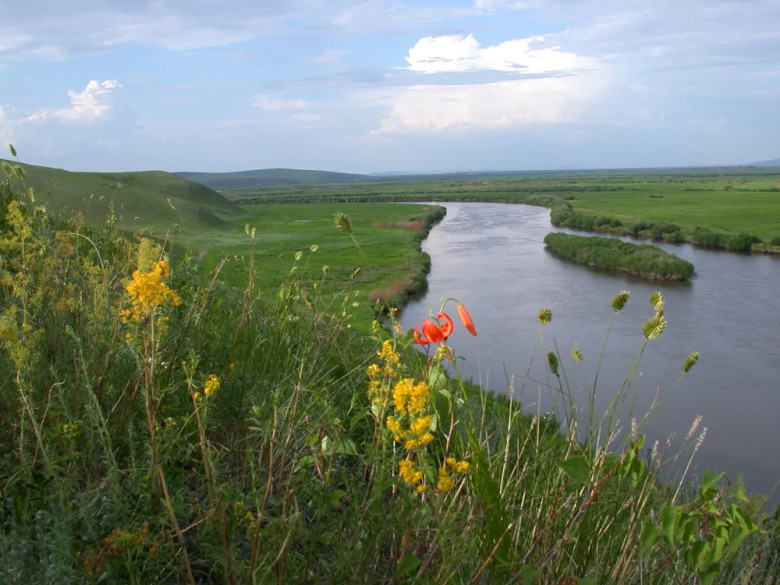
One impressive resident is the taimen, a two-meter-long predator that commands respect in the river.

A Shift in Ecosystem
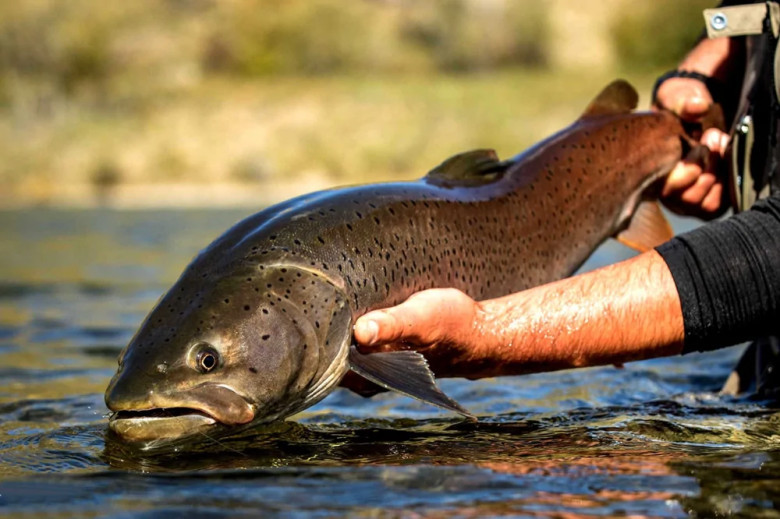
As we journey downstream, fish diversity increases. Northern species shrink in number, making way for the predatory pike, yellow-cheeked, and top-gazer species, which thrive in the midstream area.
The Amur Basin
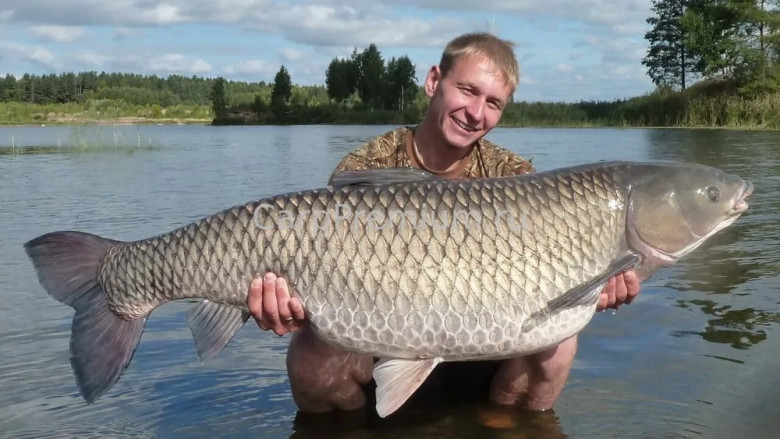
The extensive Amur basin includes not just the river itself, but vast surrounding wetlands that nurture diverse aquatic life.
The Lower Amur’s Unique Wildlife
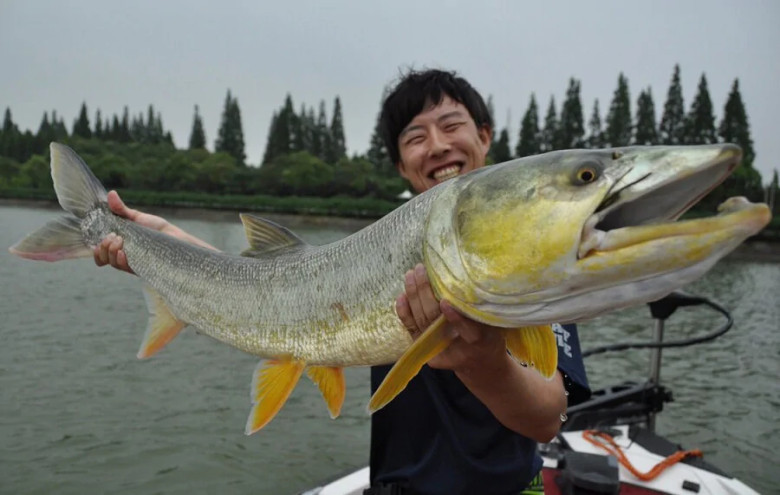
In the lower regions, northern species diminish while exotic fish like the burrowing snakehead and rotan flourish, showcasing their adaptability and aggressiveness.
Migratory Fish
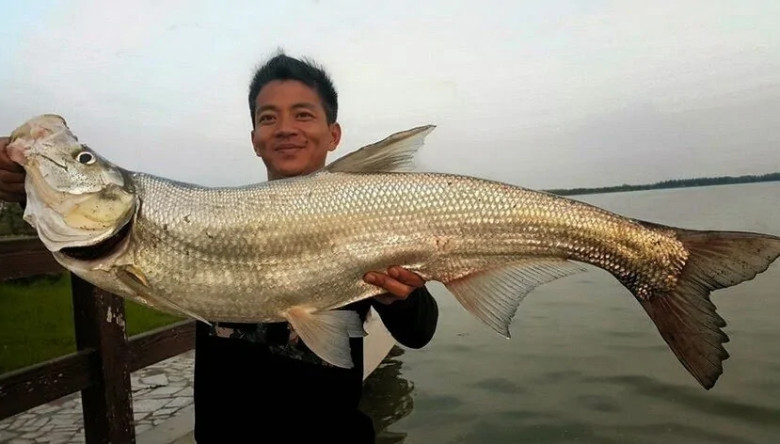
Every year, migratory fish from the Sea of Okhotsk, like chum and chinook salmon, make their way upriver to spawn, adding another layer of complexity to the Amur’s ecosystem.
The Legendary Kaluga
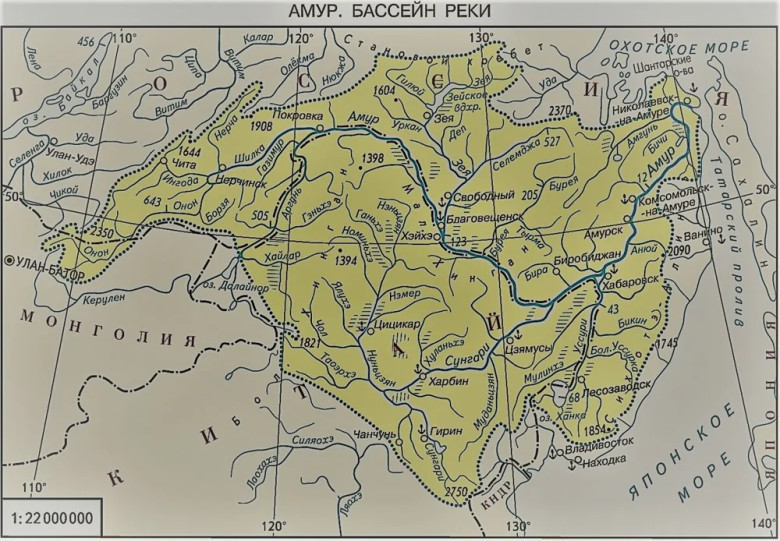
Among these migratory fish is the kaluga, a giant sturgeon recorded to reach lengths of six meters, now facing critical protection challenges.
Meshing Old and New
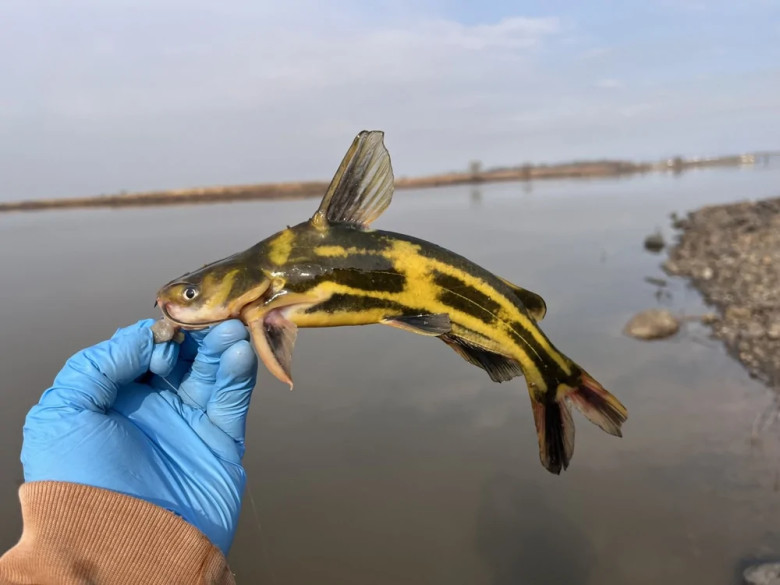
The Amur has also become a refuge for ancient species, some evolving into endemics, showcasing the river's ecological richness.
The Resilient Ecosystem
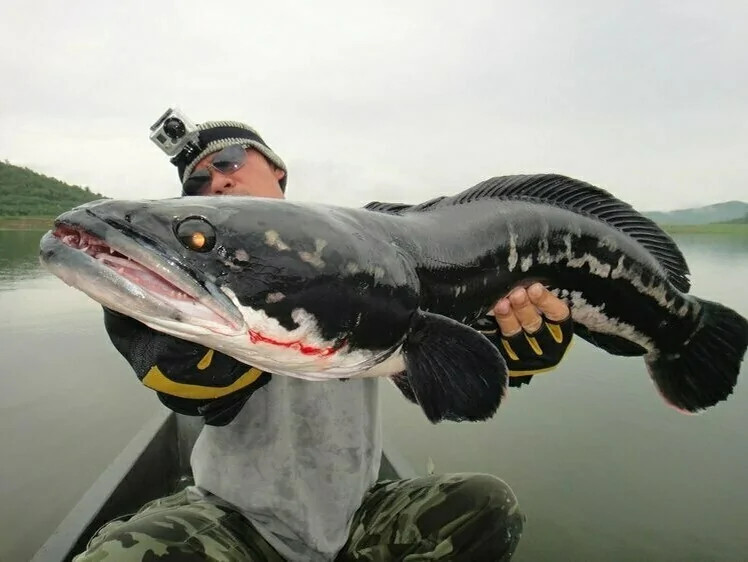
Thanks to ecological robustness, invasive species brought by humans struggle to displace native fish. However, entrenched Amur species have started to invade other regions.
A New Haven for Invaders
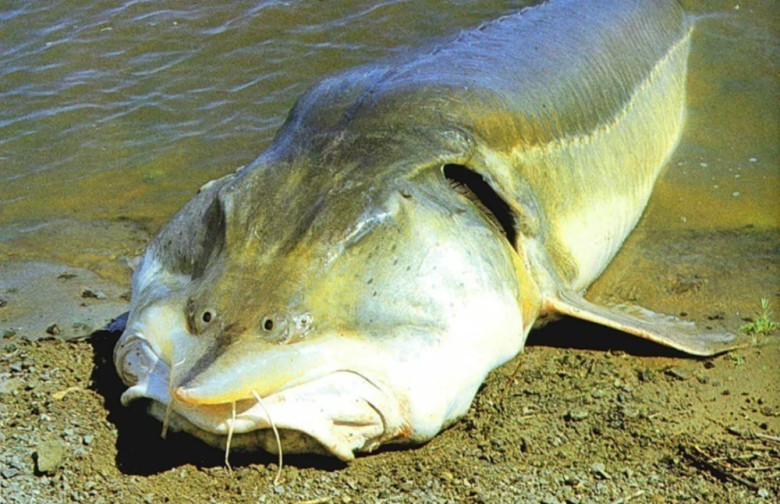
Fish like silver carp and snakeheads have spread to distant regions, including Siberia and America, thriving in new waters due to their competitive nature in the Amur.
Facing Ecological Threats
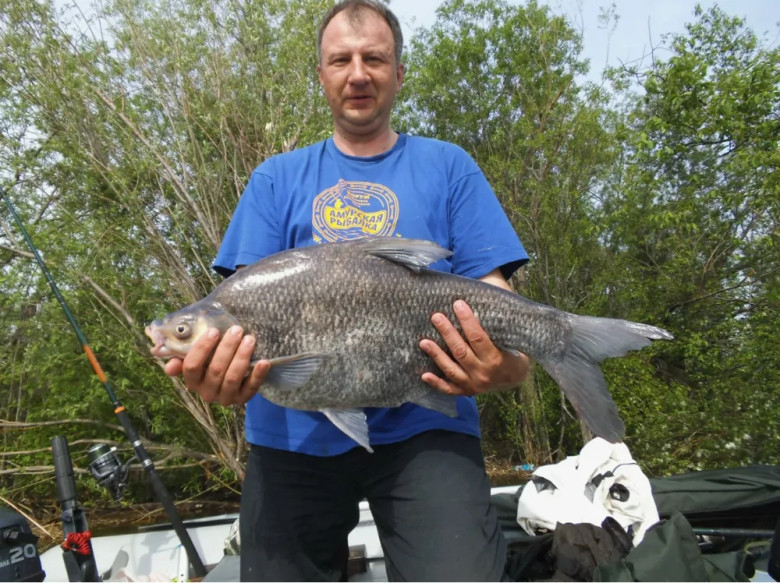
With nearly two million people living along the river, the Amur faces significant environmental threats from human activity and industrial expansion.
The Fragile Balance
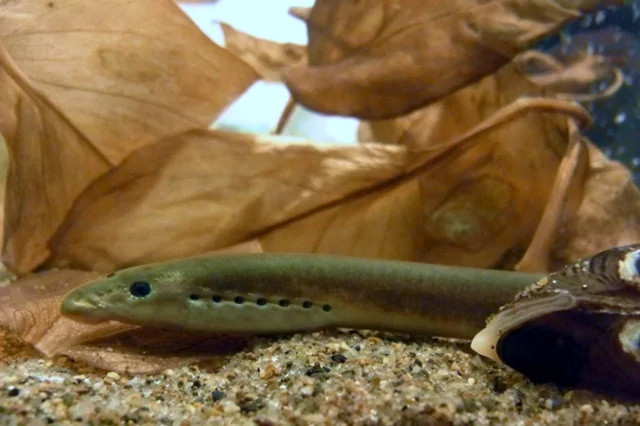
The Amur River's intricate ecosystem is both rich and precarious; it must be managed carefully to preserve its unique aquatic life.
Important Connections
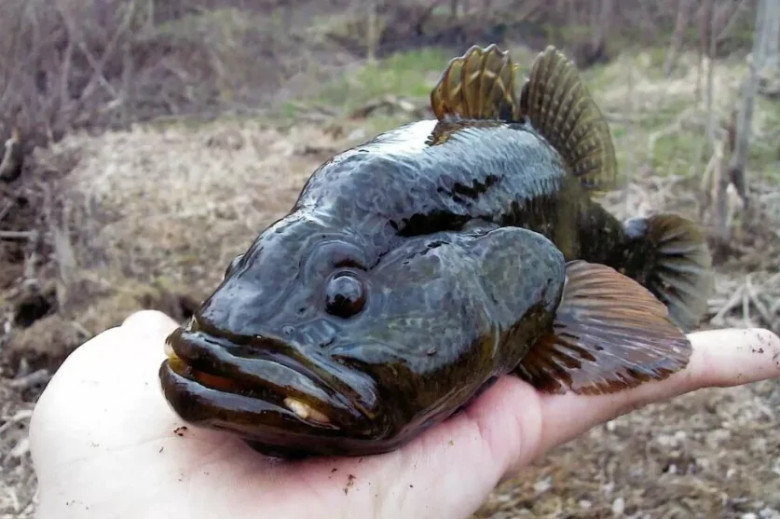
As we navigate the changing waters of the Amur, we recognize the interconnectedness of its communities and the need to protect this invaluable habitat.
Looking Ahead

The future holds challenges, but with awareness and action, there’s hope for maintaining the balance of this remarkable ecosystem, ensuring that the aggressive fish of the Amur can continue their fascinating journey.
Through this visual exploration, we celebrate the Amur River's biodiversity and the unique relationship between its fish and their habitats, highlighting the need for conservation in the face of change.
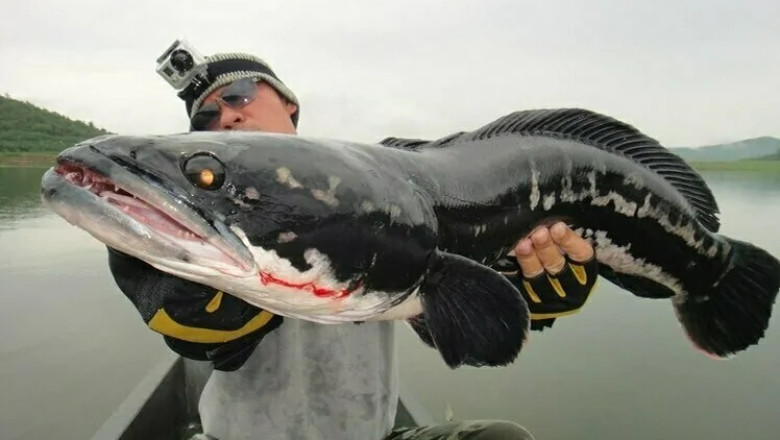





























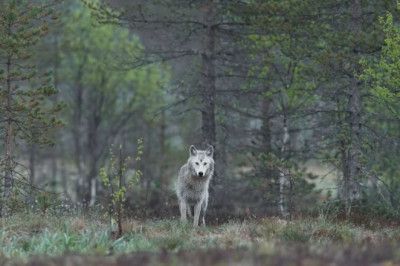




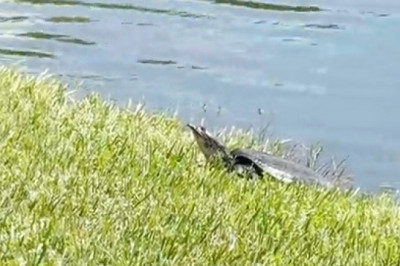

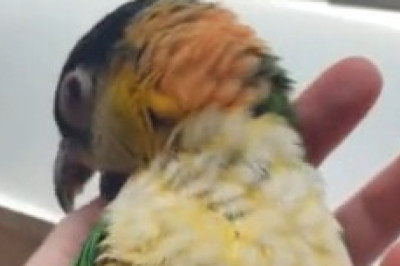

Comments
0 comment